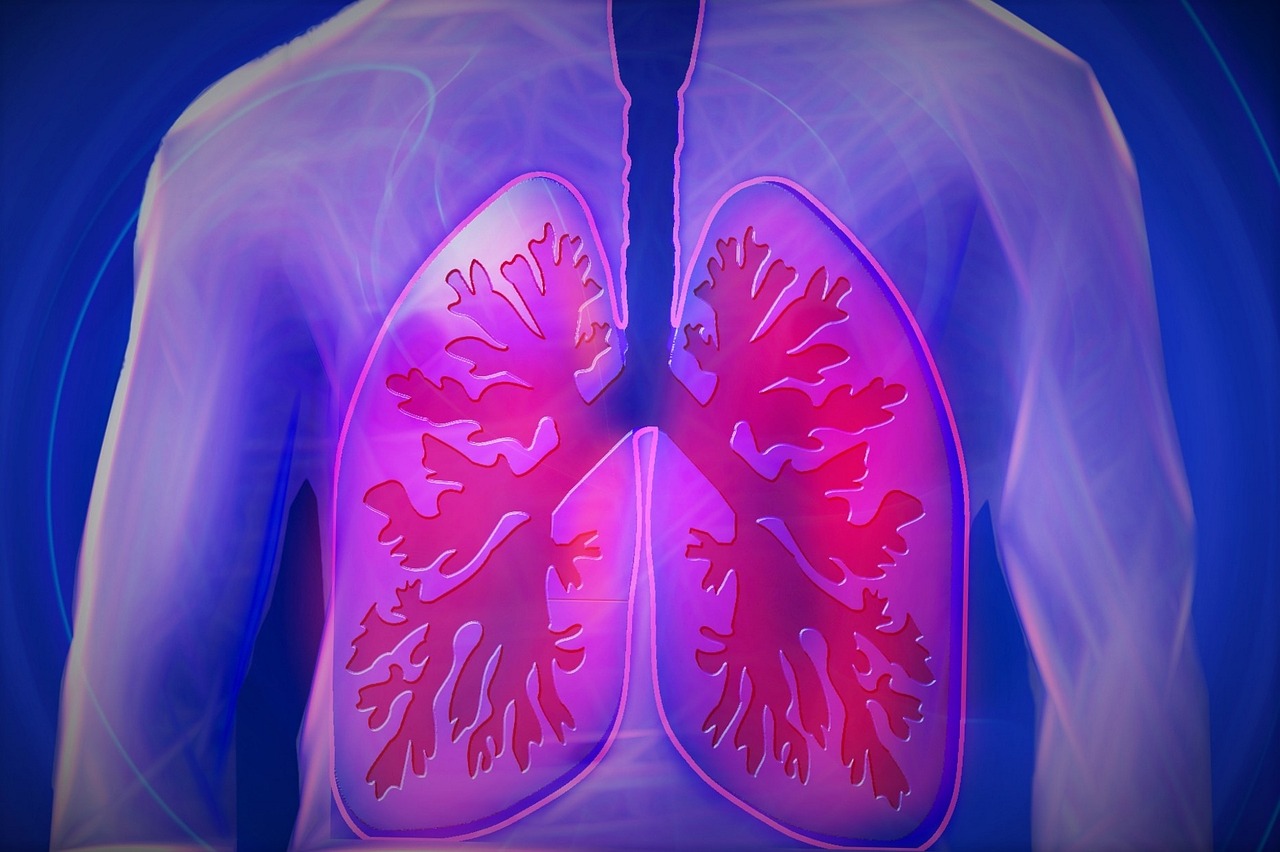
Why Seniors Are More at Risk For Tuberculosis
In honor of World Tuberculosis Day coming up on March 24, we would like to shed some light on tuberculosis which remains an epidemic in much of the world today. It causes the deaths of nearly one-and-a-half million people each year, mostly in developing countries, according to Stop TB Partnership. The elderly and ill, particularly those in hospice in San Francisco and elsewhere, are more susceptible to this disease than others.
About Tuberculosis
World Tuberculosis Day was created to commemorate the day in 1882 when Dr. Robert Koch in Berlin announced that he had discovered the cause of tuberculosis, the TB bacillus. At the time of this announcement, TB was raging throughout Europe and the Americas, causing the death of one out of every seven people. Koch’s discovery paved the way towards diagnosing and curing TB around the world. While more common in developing countries, TB still strikes people in this country. In fact, the CDC says 515 deaths in the United States were attributed to TB in 2017.
Tuberculosis is a serious infectious disease that mainly affects the lungs. The bacteria that cause tuberculosis, like other forms of bacteria and illness, can spread from person to person through droplets released into the air through sneeze and coughs. Once rare in developed countries, tuberculosis infections started to increase in 1985, partly because of the emergence of HIV, which weakens the immune system so it can’t fight TB germs. In the United States, thanks to stringent control programs, tuberculosis started to decrease again in 1993. However, it continues to remain a concern, especially among the elderly.
The Risk for Seniors
Seniors are most at risk for TB due to compromised immune systems, underlying illnesses, increased frequency of adverse drug reactions, and institutionalization. Only one in 10 people with the infection will display active symptoms. However, for seniors who already have a weakened immune system, these dormant infections can be like a ticking time bomb. Plus, common conditions that plague the elderly can increase their risk for TB further, such as:
- Diabetes: This is one of the largest risk factors for TB because it impairs the immune system. Globally, one-third of TB cases result from diabetes. Put another way, diabetes triples the risk for active tuberculosis, says Science Direct.
- Arthritis Treatments: Rheumatoid arthritis, treated with drugs that suppress the immune system, can be a breeding ground for a future infection.
- Cancer Treatments: Treatments such as chemotherapy can wear down the immune system, whereby the body can’t produce enough white blood cells to defend itself. Then, it can become vulnerable to serious bacterial infections, including TB.
Drug-resistant strains of tuberculosis occur when an antibiotic fails to kill all of the bacteria that it targets. The surviving bacteria will resist that particular drug and other antibiotics as well. Since the first antibiotics that emerged to fight tuberculosis 60 years ago, some TB germs now have the ability to survive despite all the medications out there.
Symptoms of TB
There are two types of TB:
- Latent TB: This is when you have a TB infection, but the bacteria are in an inactive state and trigger no symptoms. Latent TB is not contagious, but it can develop into active TB. This is why it’s so important to get treatment. About two billion people have latent TB.
- Active TB: This type will make you sick and will allow you to spread it to others. It can occur in the first few weeks after you are infected with the TB bacteria, or it could even occur years later, according to the Mayo Clinic.
Signs and symptoms of active TB include:
- Coughing for three or more weeks
- Coughing up blood
- Loss of appetite
- Chest pain
- Fatigue
- Unintentional weight loss
- Fever
- Night sweats
- Chills
Tuberculosis can impact other parts of your body, including your spine, kidneys and brain. When TB occurs outside your lungs, signs, and symptoms will depend on which organ is affected. For instance, tuberculosis of the spine will result in back pain, while tuberculosis in the kidneys may cause blood to appear in your urine.
Risk Factors
As said above, a weakened immune system can be to blame for the incidence of tuberculosis. The human body can’t launch an effective defense against TB when resistance is low. Many diseases, conditions, and medications can weaken the immune system, including:
- Malnutrition
- Very young or advanced age
- Diabetes
- Severe kidney disease
- Certain cancers
- HIV/AIDS
- Cancer treatment, such as chemotherapy
- Some drugs used to treat psoriasis, rheumatoid arthritis, and Crohn’s disease
- Drugs to prevent rejection of transplanted organs
Contact Pathways Home Health and Hospice
We bring our patients compassionate, skilled and comprehensive hospice care services that keep the spread of germs to a minimum. We care about our patients and don’t want them to get illnesses of any kind that can compromise their care. To learn more, contact us at 888-978-1306.

